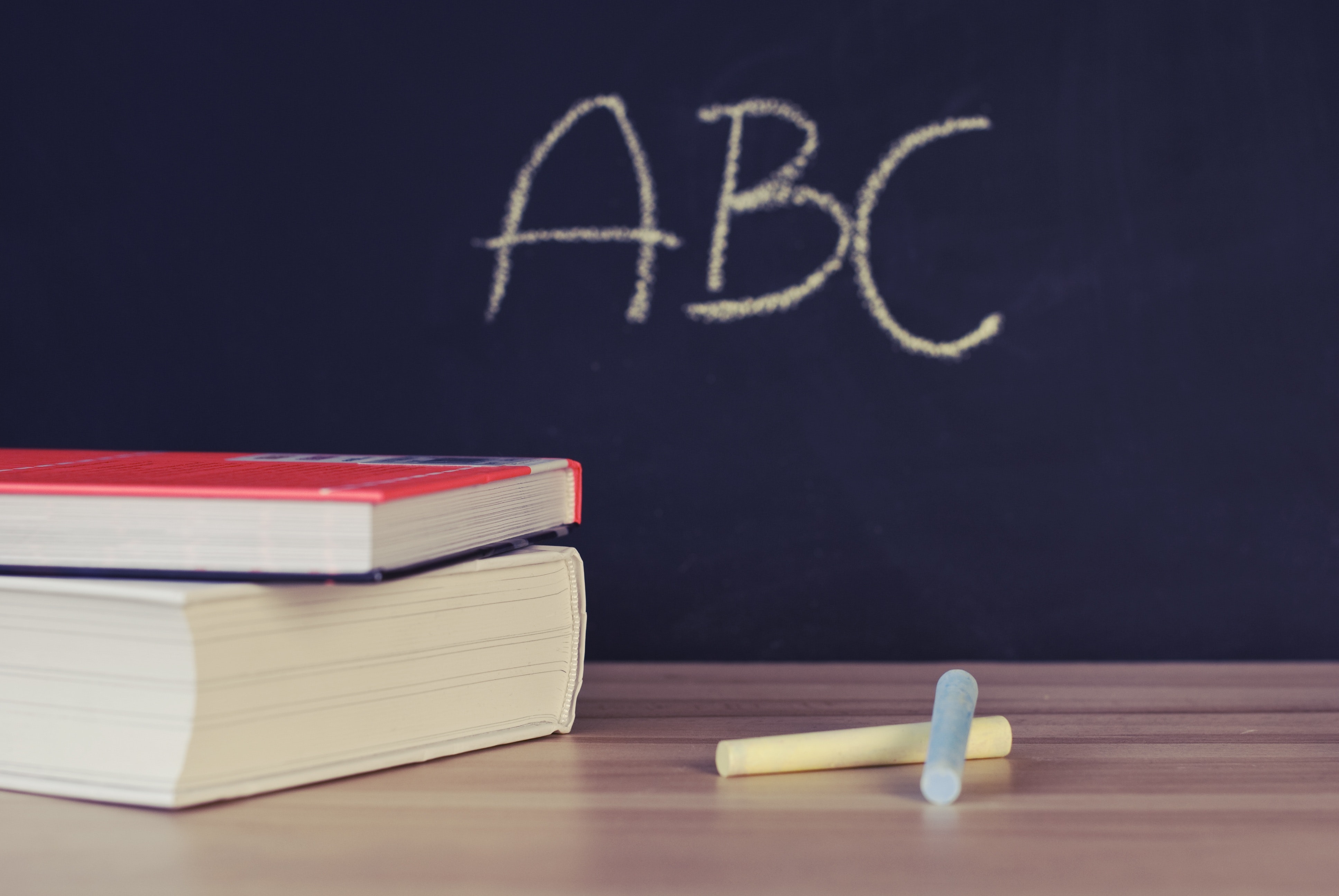What will change because of May 16? Because of the Day of Advocacy for Public Education in North Carolina?
It was a day born of heart’s work, and bearing great hopes for what is yet to come.
And yet as teachers, students, and parents drag their tired bodies through the final weeks of this school year while Legislators fidget with policies and budgets that will impact public education in years to come, the question remains: What will change because of May 16?
“We’re not going to change the people in Raleigh.” I’ve heard this refrain, or echos of it, from many who wonder about the efficacy of legislative advocacy in general or of the May 16 Day of Advocacy for Public Education, specifically.
Of course, we always hope Legislators will tend to the needs of the people; that they will champion the common good, fair wages, and public education, that they will listen to us when we visit their offices in Raleigh or in our hometowns.
But perhaps changing the people in Raleigh is not the most important thing about May 16, and what came before and what will follow. Perhaps it is not about changing them, but about changing us.
Sometimes people talk about prayer by asking whether it changes God and by concluding that it changes the one who prays. And sometimes even the ones for whom prayers are offered.
I am finding that to be relevant to this advocacy on behalf of public schools, the students they serve, and those who serve in them. Even when advocacy takes a form that some might describe as protest.
The laborious work of advocacy changes people and it changes communities. It gives individuals agency. It forms bonds and partnerships. It creates a sense of shared sorrow and grief, and shared hope. It provides to those who know a little about injustice the opportunity to learn a lot and to step off of the sidelines and into the fray; to listen to those for whom inequity is life-threatening.
Faith communities in North Carolina have long advocated for public schools. This advocacy is not new. But there is a new urgency. A new moment. It is changing people and it is changing communities.
Last week a synagogue and a protestant church worked together to feed children on May 16. This advocacy is changing people and it is changing communities.
Last week an Islamic Center came to the table offering resources and expertise for providing food and childcare in some of the most vulnerable neighborhoods in our region on May 16. This advocacy is changing people and it is changing communities.
Last week people with privilege began to ask questions about needs they never understood before: about funding for school lunches, about federal grants for summer feeding, about what happens to students on free and reduced lunch on snow days and teacher work days and weekends, and about how their own purchasing power might be able to boost school lunch programs. This advocacy is changing people and it is changing communities.
Last week churches in downtown Raleigh opened their doors to advocates to offer rest, nursing rooms, restrooms, water, and the opportunity to gather. This advocacy is changing people and it is changing communities.
Last week passionate, compassionate, exhausted teachers from communities across the state requested personal leave, one by one, in such massive numbers that more than 40 school districts closed, and downtown Raleigh was filled with people who know how to walk in a line, corral chaos, and stare down bad behavior. This advocacy is changing people and it is changing communities.
Last week streams of mercy that have been weaving through our churches and neighborhoods began converging so that we might dare, with the prophet Amos, to proclaim:
Let justice roll down like waters,
and righteousness like an ever-flowing stream. Amos 5:24
People get ready. In this new moment, we hope that you will join our new movement, Faith Leaders for North Carolina Children (FLFNCC). You can read about its roll out, and sign up to stay connected by clicking here.
As this new work begins, may we join together in praying and in advocating. And may we be changed by both.
And then, in November, let’s vote.

